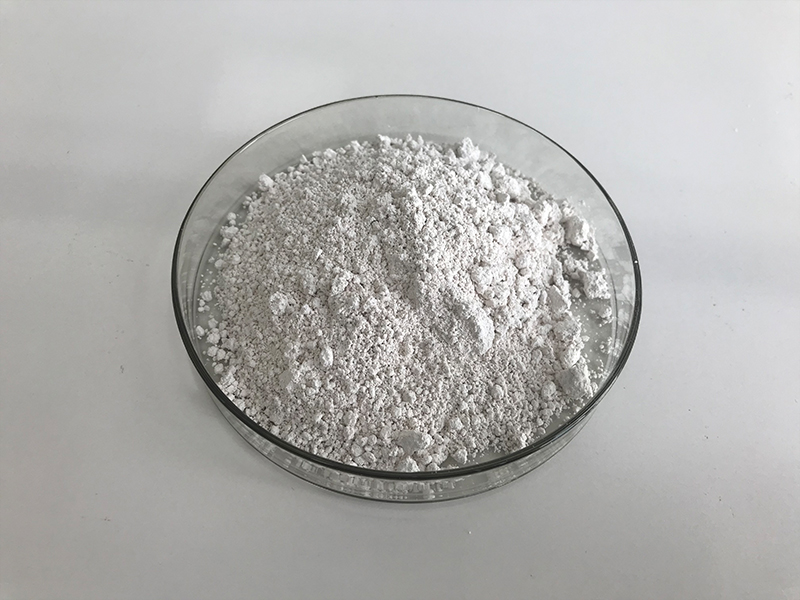Fenbendazole is a broad-spectrum anthelmintic, which means it is a drug used to treat various parasitic worm infections in animals. It is commonly employed in veterinary medicine to control and eliminate gastrointestinal parasites such as roundworms, hookworms, whipworms, and certain types of tapeworms in animals like dogs, cats, horses, cattle, and poultry.
Origin of Fenbendazole:
Fenbendazole is a broad-spectrum anthelmintic (anti-parasitic) drug that belongs to the benzimidazole class. It was first introduced in the 1970s and is widely used in veterinary medicine to treat a variety of parasitic infections in animals. Fenbendazole is effective against a range of parasites, including nematodes, cestodes, and trematodes.

Properties of Fenbendazole:
Chemical Structure: Fenbendazole belongs to the chemical class of benzimidazoles. Its chemical structure inhibits the microtubule formation in parasitic cells, ultimately leading to their death.
Broad-Spectrum Activity: Fenbendazole is effective against a wide range of parasites, including nematodes (roundworms), cestodes (tapeworms), trematodes (flukes), and protozoa.
Oral Administration: It is typically administered orally, either in the form of tablets, granules, or pastes. This makes it convenient for use in animals.
Low Toxicity: Fenbendazole is considered to have low toxicity in animals when administered at recommended doses. However, overdose or misuse can lead to adverse effects.
Resistance: While fenbendazole has been highly effective against many parasites, resistance to this drug has been reported in some cases, necessitating the use of alternative treatments or combinations with other anthelmintics.
Introduction and Use of Fenbendazole:
Veterinary Medicine: Fenbendazole is widely used in veterinary medicine to treat parasitic infections in various animals, including dogs, cats, horses, cattle, sheep, and poultry.
Dosage Forms: Fenbendazole is available in different formulations, such as oral pastes, granules, and tablets, making it convenient for administration to animals.
Treatment Duration: The duration of fenbendazole treatment can vary depending on the type of parasite being targeted. It is often administered for a specific period to ensure the elimination of both adult parasites and their larvae.

Human Use of Fenbendazole:
While fenbendazole is primarily intended for veterinary use, there have been anecdotal reports and studies suggesting its potential use in humans for certain conditions, including cancer. Some people have self-administered fenbendazole as part of alternative or adjunctive cancer therapies. However, it’s crucial to note that such use is not approved by regulatory authorities, and the safety and efficacy of fenbendazole in humans for non-veterinary purposes are not well-established.
It’s important to note that the use of fenbendazole, especially in human medicine, should be done under the supervision of a healthcare professional, as its safety and efficacy for such purposes are not well-established, and self-medication can have unintended consequences. Always consult with a veterinarian or medical professional before using fenbendazole or any other medication.
